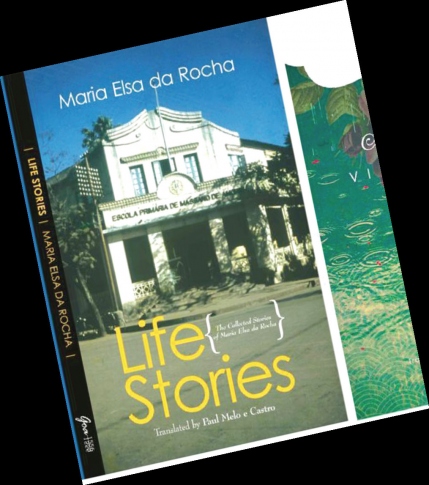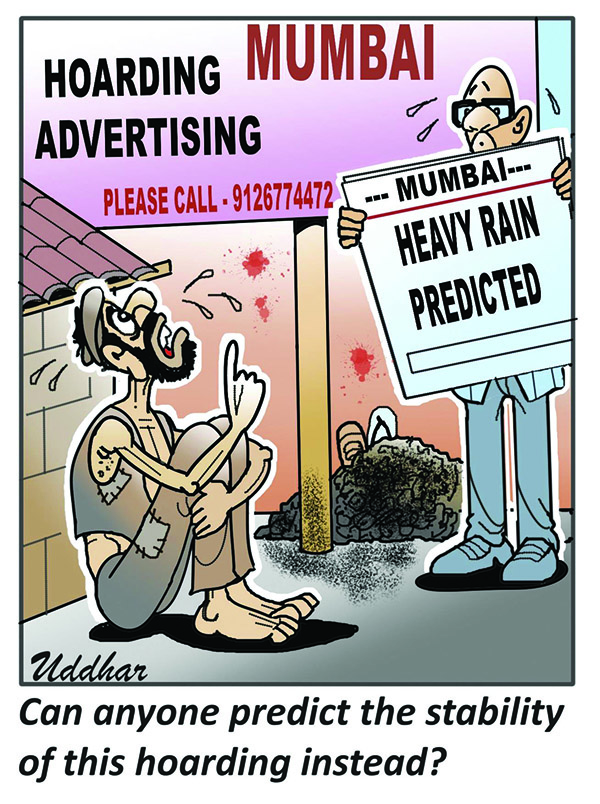12 Jan 2023 | 06:47am IST
Translating the beauty of Portuguese writing for English readers
Deciphering the literature of our colonial past is an integral part of understanding the complexity of Goa. The translation of books like ‘Life Stories’ from Portuguese to English sheds more light on our history while improving the accessibility of these tales
Gavin Menezes
C
amões-Centro de Língua Portuguese recently
organised the launch event of the books, ‘Life Stories’, an English translation
of the Portuguese book ‘Vivências Partilhadas’, by Maria Elsa da Rocha,
published by Goa 1556. The books were translated by Paul Melo e Castro,
Lecturer of Portuguese and Comparative Literature, Glasgow University, and
member of the thematic group ‘Pensando Goa’ of University of São Paulo. The son
of a Portuguese father and British mother, Castro has been translating Goan
works from Portuguese to English, and has also previously translated ‘Monsoon’,
a collection of short stories by Vimala Devi in 2020.
Dr Cielo Festino, a renowned scholar of ‘Pensando Goa’ and
Professor of Literature at Universidade Paulista, Brazil, did the introduction
for the event, highlighting how languages in power change through time and how
they effect ever-changing literary spaces, as observed in Goa. Dr Paul Castro
delivered a talk titled ‘Found and Lost: the Goan writers Maria Elsa da Rocha
and Vimala Devi in English Translation’ before hosting a reading session of
extracts of the books Vidas Partilhas / Life Stories and Monção / Monsoon.
Camões-CLP hosted the event at its premises, Casa Basílio Dias at Rua de Ormuz,
Panjim, and streamed the event on the CLP-Camões Goa YouTube channel.
Participants for the Reading Session were allowed to select any excerpts of the
books in English or Portuguese.
In his address at the event, Dr Castro said, “Translation in the
Western tradition is associated with loss, with a falling away from the true
original work. I want to think of what we gain in translation, namely new
readers and new readings. Translation is best described as not a work in a
foreign tongue but also not a work originally written in the target language.
It is in some ways both an original and a copy, and as such can reveal much
about the relations between the languages and culture it involves.”
During the event, Dr Festinho highlighted the importance of Goan
authors’ works among her students in Brazil. “My students are acquainted with
Vimala Devi, one or two of the students publish essays of Vimala Devi’s books.
Although the copies of the books might not be in the library, many students at
least here in Brazil are acquainted with Vimala Devi’s works and those of Maria
Elsa Da Rocha in the Portuguese language. Both writers delve into Goa’s life in
the final years of Portuguese presence and its aftermath, and with great
artistry depict conflicts and points in common across Goa’s social divide,” Dr
Festinho said. The author of Vidas Partilhas, Maria Elsa da Rocha (1924-2007)
was a poet and one of the last Portuguese-language Goan writers. She was a
primary school teacher by profession and the short stories she wrote often
focused on female experiences which appeared in the local press. Vimala Devi,
the pseudonym for Teresa da Piedade de Baptista Almeida (born 1932) is a Goan
writer, poet and translator. Whilst living in Goa, she contributed to two of
the main Portuguese-language newspapers of the time, the Diário da Noite and O
Heraldo. Her collection of short stories Monçao has been described as “the best
portrait of what resulted from the interpenetration of the Indian and
Portuguese cultures in Goa” alongside the novels of Orlando da Costa, by
Fundação para a Ciência e a Tecnologia (FCT) Research Fellow Everton Mashado.
Dr Castro’s lecture on the authors described their style of
writing and the nature of their work. “The translation of Vimala Devi’s Monsoon
is a collection of 16 stories that portray the Goa Devi left behind when she
moved to Portugal in 1958, a Goa stitched together along scenes of caste, class
and religion. Where Devi recreated Goa from after, Maria Elsa Da Rocha wrote
more about the world around her, a couple of historical stories aside. In her
work we see a Goa that goes beyond the colonial, literally so in one particular
tale set in Goa beyond 1961 which captures that moment of transition. Despite
their differences, the concerns that preoccupied Rocha are held in common with
Devi, concerns of poverty, justice, identity, class and gender.”
Veteran
journalist Frederick Noronha founded the alternative publishing house Goa 1556
for all things Goan in 2007 and has since published over 100 books that shed an
interesting new light on aspects that further one’s understanding of Goa. In an
interview with PurplePencilProject, Dr Castro credited Frederick’s suggestion
of putting together some translations he was working on with his discovery of
his love for translation. Talking about his acquaintance with Dr Castro and the
importance of Portuguese literary tradition in Goa, he said “I don’t recall if
Paul contacted me first or vice-versa, but we came into contact about 10-12
years ago. I’ve been active in cyberspace since circa 1995, so I run into
interesting work on Goa. We Goans are forgetting parts of our literary history.
It’s important for us to remember these works. I think Paul is doing a great
job in meticulously tracking down these stories, translating them with a lot of
skill, and sharing them back with the Goan community and wider circles.
Portuguese literary tradition has influenced Goan writing for at least a
century or two. Even if some of us might have animosity towards these works on
political grounds, this is a legacy we can only ignore at our own risk.” As for
success of the launch event, Frederick said, “The launch event went well. We
could have done with a bigger crowd, but there was online participation from
Brazil and Portugal too. We were a bit under pressure as the book got ready at
the eleventh hour, but the digital recordings will reach a wider audience, I’m
sure.” The digital recording of the launch event has been uploaded to YouTube
on the CLP-Camões channel.

